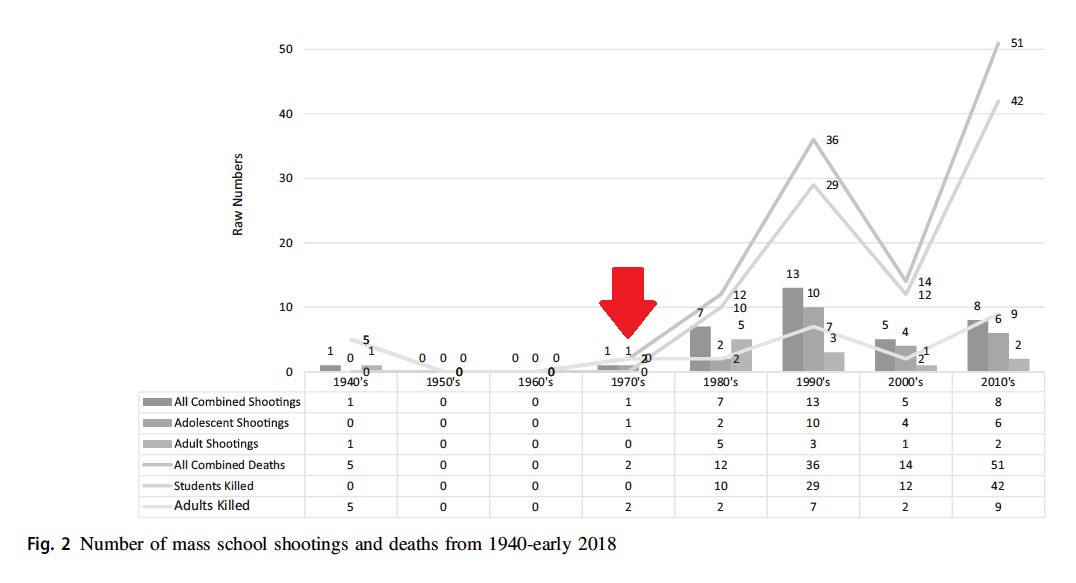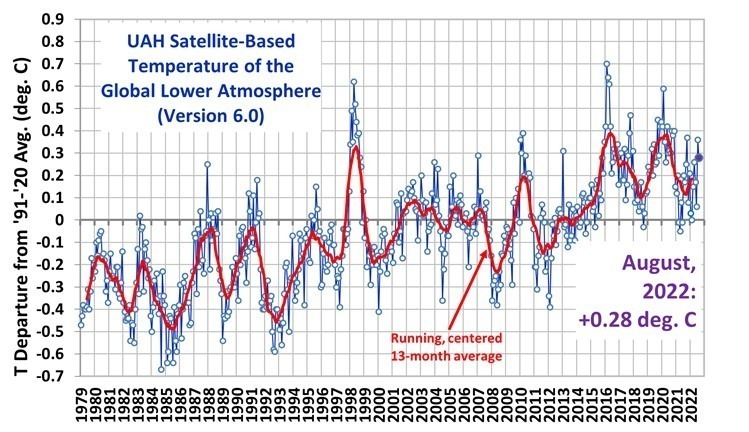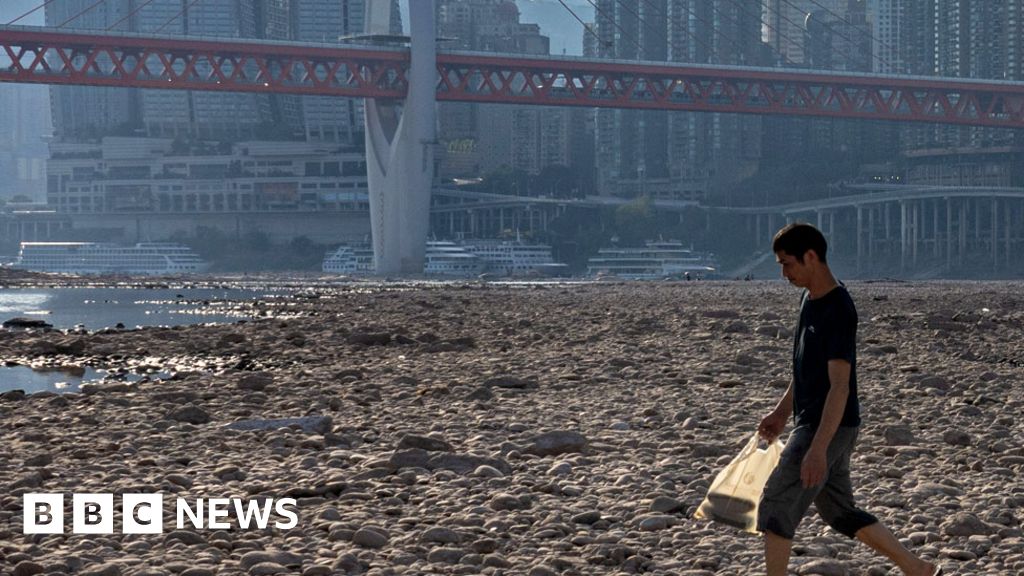D
DArtagnan
Guest
The most impactful things that we could change - but aren't - are related to very, very few people - and so any amount of educating the masses wouldn't do shit.
The rich and powerful in charge of the mega corporations (and who're driving governmental policies) that constitute something like 95% of the alterable and tangible causes are not lacking in education, they're lacking in non-human nature.
It's the same reason people keep drinking when they're alcoholics - or people keep eating sugar when they're fat. Because it's easier and more comfortable than the road to something better. You can't "educate" people away from being people - that's not happening.
The way to get those people to change is to present them with a you're-dying scenario - which is why diabetics often stop eating sugar.
This is the same scenario that will ultimately get countries to change in a non-laughably inadequate way in terms of policies - and actually prevent rich people from exploiting the corrupt systems. By then, though, it will be too late for millions and millions of people.
This ridiculous notion that the common man can change anything by not being a standard lemming consumer-type is a myth perpetuated by powerful people who don't want to change their ways and so they made everyone else the scapegoat, and set in motion the shame-game. Sure, it would be a (minor) improvement if the masses behaved more responsibly - but it wouldn't make a dent as far as climate change is concerned. At least not in time - at this point.
I see no way out of the coming disaster.
The rich and powerful in charge of the mega corporations (and who're driving governmental policies) that constitute something like 95% of the alterable and tangible causes are not lacking in education, they're lacking in non-human nature.
It's the same reason people keep drinking when they're alcoholics - or people keep eating sugar when they're fat. Because it's easier and more comfortable than the road to something better. You can't "educate" people away from being people - that's not happening.
The way to get those people to change is to present them with a you're-dying scenario - which is why diabetics often stop eating sugar.
This is the same scenario that will ultimately get countries to change in a non-laughably inadequate way in terms of policies - and actually prevent rich people from exploiting the corrupt systems. By then, though, it will be too late for millions and millions of people.
This ridiculous notion that the common man can change anything by not being a standard lemming consumer-type is a myth perpetuated by powerful people who don't want to change their ways and so they made everyone else the scapegoat, and set in motion the shame-game. Sure, it would be a (minor) improvement if the masses behaved more responsibly - but it wouldn't make a dent as far as climate change is concerned. At least not in time - at this point.
I see no way out of the coming disaster.
Last edited by a moderator:











